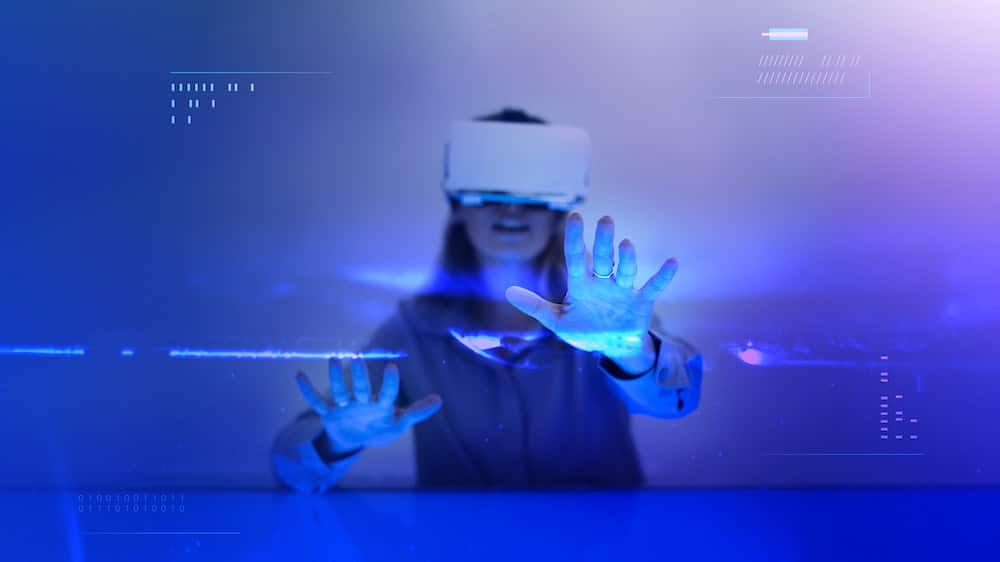How Can Virtual Reality Simulations Aid UK’s Military Training?

The world is witnessing a paradigm shift in various sectors because of constant technological advancements. One such advancement is the integration of virtual reality into military training. This article will provide you with insights into how virtual reality simulations can revolutionize the UK’s military training regime.
The Emergence of Virtual Reality in Military Training
The advent of virtual reality technology has offered unlimited possibilities to every sector, including military training. This immersive technology is transforming the way military personnel are trained, enhancing their skills and reaction times before they step foot onto a real battlefield.
A voir aussi : How Can Real-Time Language Processing Enhance Emergency Dispatch Services in the UK?
With the use of VR, soldiers can gain firsthand experience of real combat scenarios without any risk. They can navigate through a lifelike environment and experience a wide range of scenarios, which otherwise would be impossible to replicate in traditional training. This technology enables the preparation of soldiers for the unexpected, thereby making them more resilient and adaptable.
Enhancing Combat Readiness Through VR Simulations
Virtual reality is the next logical step in the evolution of military training methods. It offers a safe yet realistic environment for soldiers to learn and execute combat techniques. With VR, service personnel can practice various drills and scenarios without the risk of real-world injury.
A découvrir également : What’s the Latest in Drone Delivery Services within UK’s Logistic Sector?
In this digital world, soldiers can experience a myriad of combat scenarios. They can train for urban warfare, desert combat, jungle warfare, and even arctic conditions. This comprehensive exposure helps soldiers brace themselves for a multitude of situations. Moreover, virtual reality can simulate the stress of a combat situation, which is a crucial part of preparing soldiers for real-life combat.
Improving Equipment Familiarity and Operation with VR
Military equipment is often complex and requires a deep understanding for effective operation. Virtual reality can provide a detailed and interactive environment where soldiers can familiarize themselves with different types of equipment.
Whether it’s learning how to handle a new weapon or understanding the functionality of a tank, virtual reality can help. This technology can recreate the equipment in a 3D environment, allowing soldiers to interact with it as they would in real life. Such familiarity can significantly boost the soldiers’ confidence when they handle the actual equipment.
Virtual Reality for Medical Training in the Army
Medical training is a critical part of the military training program. Virtual reality can provide a realistic environment for medical personnel to practice and hone their skills.
From basic first aid to highly complex surgical procedures, everything can be simulated using VR. This immersive technology can replicate the pressure and intensity of a battlefield medical situation. Virtual patients can exhibit a wide range of symptoms and injuries, providing a diverse range of training scenarios for military medical personnel.
Furthermore, VR can offer a hands-on learning experience, which is invaluable in emergency situations where quick thinking and speed are of utmost importance.
Immersing Personnel into Realistic Training Scenarios
Virtual reality technology offers an immersive experience like no other. It has the power to transport soldiers into lifelike scenarios, give them a taste of what real combat feels like, and equip them with the necessary skills to handle such situations.
Virtual reality can simulate a variety of scenarios like hostage situations, terrorist attacks, chemical warfare, and even cyber-attacks. These simulations are highly adaptable and can be tailored according to the training needs of the soldiers.
Moreover, the immersive nature of VR allows soldiers to feel the intensity and stress of these situations. This can greatly contribute to enhancing their decision-making skills, response times, and overall readiness for facing real-world situations.
Through these immersive scenarios, virtual reality has the potential to transform the UK’s military training program, making it more efficient, effective, and real. With the continuous enhancement of this technology, the future of military training looks promising.
Promoting Teamwork and Cooperation through VR Training
Virtual reality isn’t just about individual training. It’s a powerful tool to promote teamwork and cooperation in the military. With VR technology, soldiers can participate in team-based training exercises that precisely simulate real-world battlefield conditions.
For instance, a team of soldiers can be virtually transported to a hostile environment where they have to work together to achieve a common goal. This could involve rescuing hostages from a building, defending a strategic position, or conducting a covert surveillance operation. These team-based VR exercises help to foster a sense of camaraderie and mutual trust among soldiers.
Furthermore, virtual reality can replicate the communication protocols and chain of command systems of real military units. Soldiers can practice giving and receiving commands, coordinating their actions, and working together as a cohesive unit. This helps to ensure smooth and efficient communication during actual combat operations.
In essence, VR technology not only prepares the soldiers for the physical demands of combat but also equips them with the social and communication skills necessary for effective teamwork.
The Impact of VR on the UK’s Military Training Program
The integration of virtual reality into the UK’s military training program has yielded significant benefits. Not only has it improved the overall quality of training, but it has also made training more cost-effective.
For one, virtual reality reduces the need for physical training facilities and equipment, thereby cutting down on costs. Moreover, it allows for repeated practice without additional expenses. Soldiers can revisit a VR training scenario as many times as they need, enabling them to learn at their own pace and gain mastery over specific skills.
Furthermore, VR-based training programs have reported reduced injury rates among soldiers. Since the training is conducted in a controlled and safe virtual environment, the risk of physical injuries associated with traditional training methods is significantly minimized.
Finally, the immersive and interactive nature of virtual reality has increased the engagement and motivation of soldiers during training. It brings a sense of realism and intensity that traditional training methods often lack, thereby making training sessions more effective and impactful.
In summary, the integration of virtual reality into the UK’s military training program has not only revolutionized the training process, but it has also made it more efficient, safer, and cost-effective. With continuous advancements in VR technology, the future of military training in the UK looks increasingly promising.
Conclusion
The integration of virtual reality into the UK’s military training program is a clear testament to the transformative power of technology. By providing an immersive and realistic training environment, VR technology is enhancing the combat readiness of soldiers, improving their equipment handling skills, boosting their teamwork abilities, and revolutionizing medical training in the military.
While virtual reality is undoubtedly revolutionizing military training, it’s important to remember that it’s just a tool. The real value lies in how it’s used and integrated into the overall training program. As the UK continues to adopt and refine this technology, the benefits of VR-based training will become even more apparent.
Indeed, virtual reality is not a mere substitute for real-world experience. Instead, it’s a powerful supplement that can enhance and accelerate the training process. Looking ahead, with the possibilities of virtual reality still being explored, it’s clear that this technology will play an integral role in shaping the future of military training in the UK and beyond.
